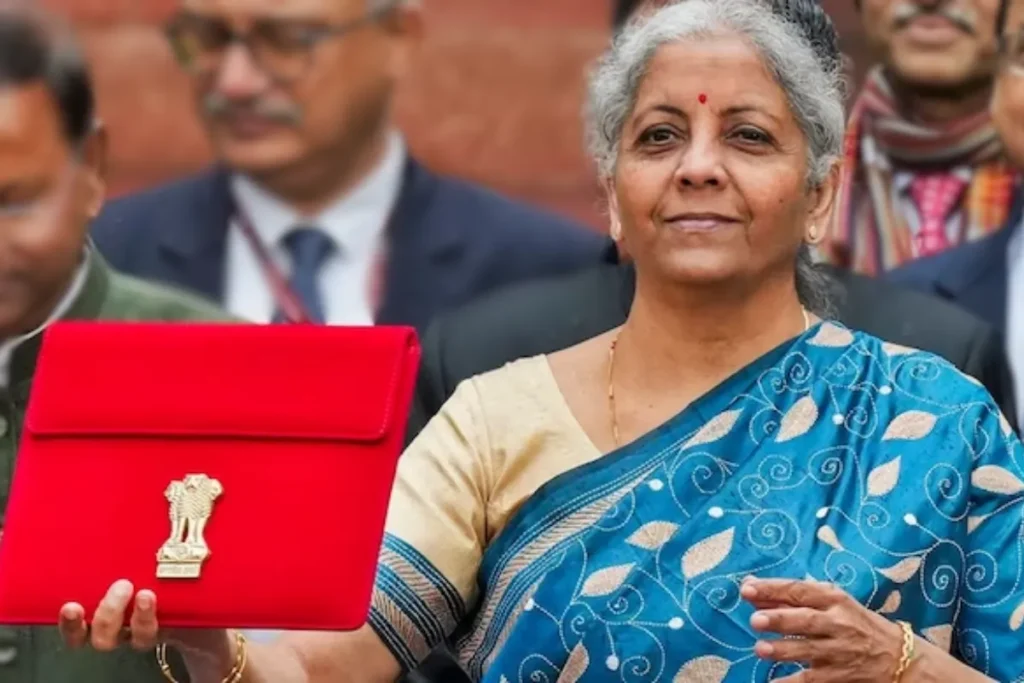Bhubaneswar: As Union Finance Minister Nirmala Sitharaman prepares to present the first budget of the Narendra Modi government 3.0 Tuesday, the people in the Capital city are looking forward to some special grants that could significantly impact the state’s economic and infrastructure landscape. They are also of the opinion that the budget may see income tax relief for the common man, middle class and salaried taxpayers.
Orissa POST talked to a crosssection of people to know their views and expectations. Chandrashekhar Mishra, a solar entrepreneur by profession, said, “All banks including private banks should be mandated to have minimum exposure to Credit Guarantee Fund Trust for Micro and Small Enterprises (CGTMSE) in all regions of the country, especially for Ministry of Micro, Small & Medium Enterprises (MSMEs) including small construction companies.
He further said, “For addressing speedy infrastructure growth, small construction companies should be given project finance with government guarantee backed by promoters’ profiling.” Educationist and chairperson of SAI International School, Silpi Sahoo said, “The previous budget (2023-24) allocated approximately 2.9 per cent of the nation’s GDP to education and higher education, an eight per cent increase from the previous year, which is relatively modest in absolute terms. To meet the objectives of the National Education Policy (NEP) 2020 and the National Curriculum Framework (NCF), it is essential to continue this upward trend in funding.” “Higher budget allocations are necessary to effectively implement new programmes and initiatives, particularly to improve the quality of education in rural schools,” she emphasised.
On the other hand, Sankar Prasad Pani, an environment lawyer drew attention to the alarming situation in the country due to climate change. “Considering India a vulnerable country to climate change, our preparedness to face the consequences must be reflected in the budget.” “More allocation in research in terms of adaptive to the climate resilient agriculture, thrust on renewable energy and transition from coal should be in the government’s priority list,” he added.
Expecting a green budget, Prafulla Samantara an environment activist said, “The source of revenue in the budget should not be more dependent on mines and minerals so that there will be less mining to protect forest and water resources in the interest of tribals’ socio-economic security.” “There should be more provision of initiatives to farmers who adopt organic farming,” he said.
Amrit Pattajoshi, a health expert, said goods and services tax (GST) on health insurance should be brought down from 18 per cent to 12 per cent as it would support the vision of the Insurance Regulatory and Development Authority of India (IRDAI) for universal insurance coverage by 2047. “For a growing country like India, the government should commit to spending roughly 3 to 5 per cent of gross domestic product (GDP) on healthcare as it would ultimately impact the capacity and our ability to become the fastest-developing economy. The budget allocation for preventive and rehabilitative services should also go up,” he added.
ARINDAM GANGULY, OP
